#AfraKane
Text
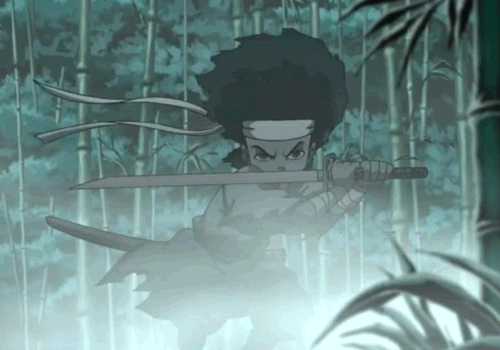
#african#afrakan#kemetic dreams#africans#brownskin#brown skin#afrakans#fitness#fitness motivation#African Fitness
1K notes
·
View notes
Text
#art#model#luxury#hiphop#african#ghana#nigerian#african american#afrakans#african culture#yena#forever yena#african good#amapiano#afrobeats#dance#beauty#fashion model#beautiful women#woman#hairstyle#beautiful#black beauty#amazing beauty#body#face#skin#curvy body#great body#beautiful body
29 notes
·
View notes
Text
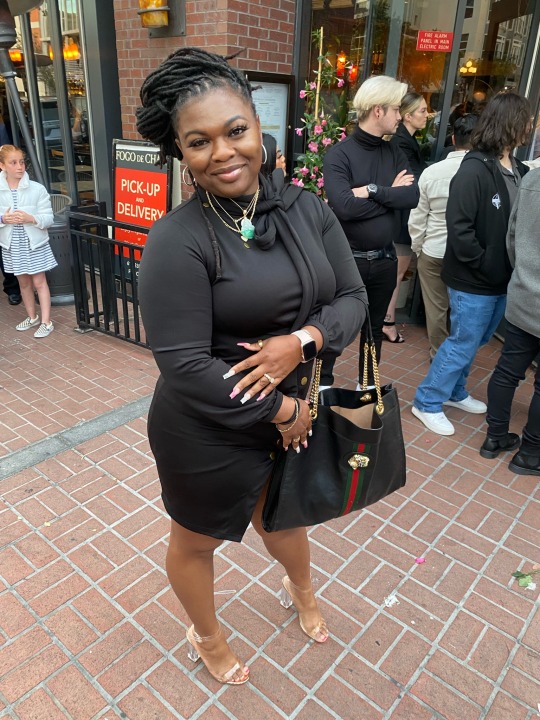
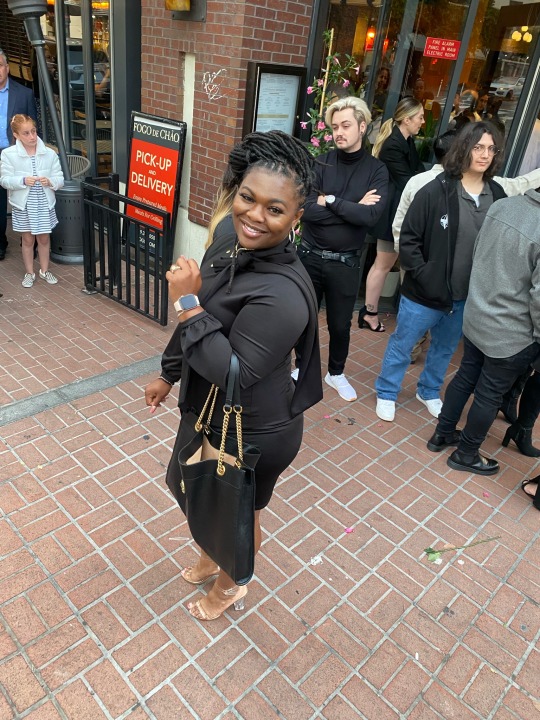
Baby pay my tribute 🥂💰
#selfie#locs#me#natural#dreads#dreadlocs#love#queen#chocolate#naturalhair#melanin#blackisbeautiful#dreadlocks#knowthyself#girl#hotep#black girls#black woman#afrakan#blackgirl
27 notes
·
View notes
Photo
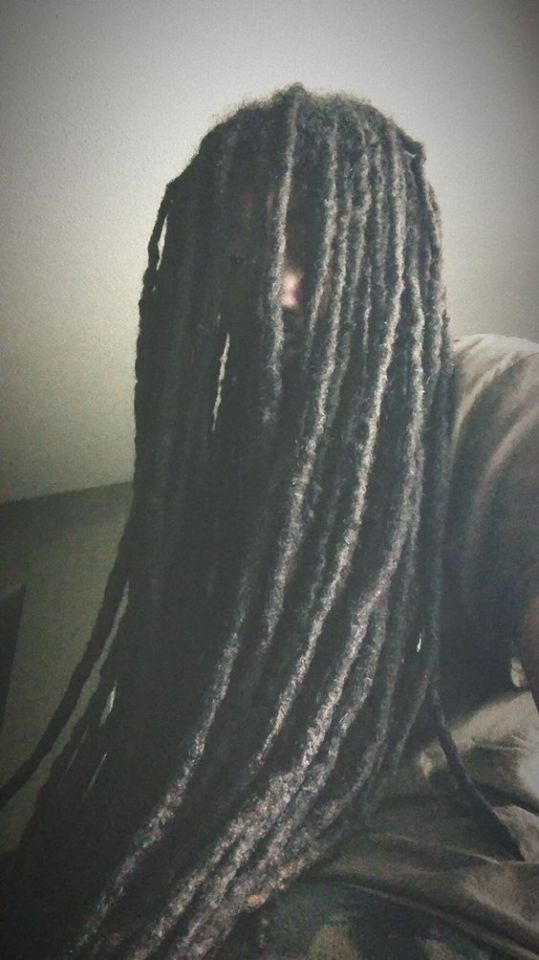
Afro Culture (My culture)
@woobosco
#world#woods#woodstock#wonderful#woo#woo bosco#woo gospel#women#global#glo#african#african american#afrocentric#afro#afrofuturism#afrohair#afrakan#afro curls#afro culture#afrocentrism#afro cuban#black#black people#black panther#black history#black power#black and white#black culture#black hippie#black hippy
22 notes
·
View notes
Text

#african#afrakan#kemetic dreams#africans#brownskin#afrakans#brown skin#Europeans#epic video#Montgomery brawl#Montgomery#Alabama
3K notes
·
View notes
Text
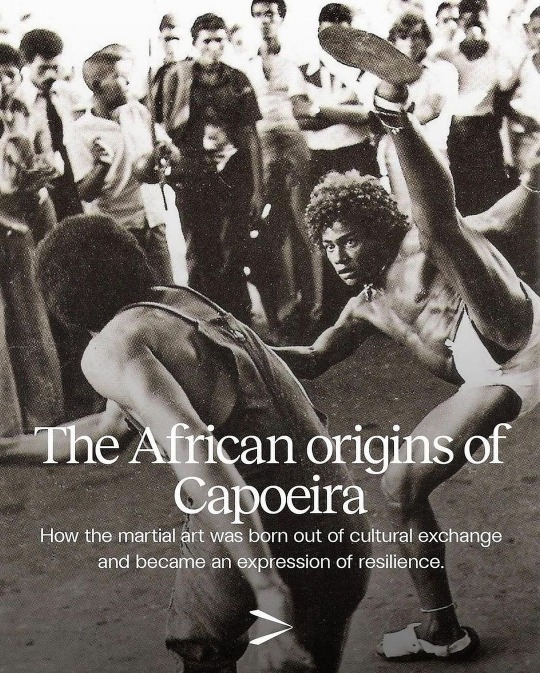
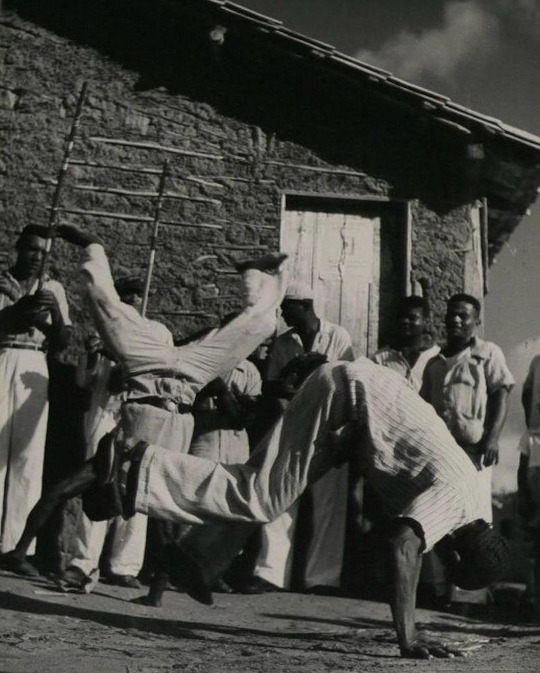
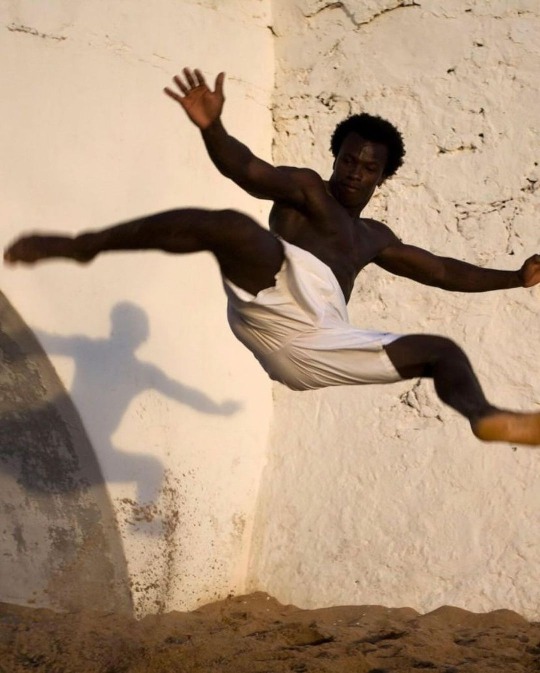
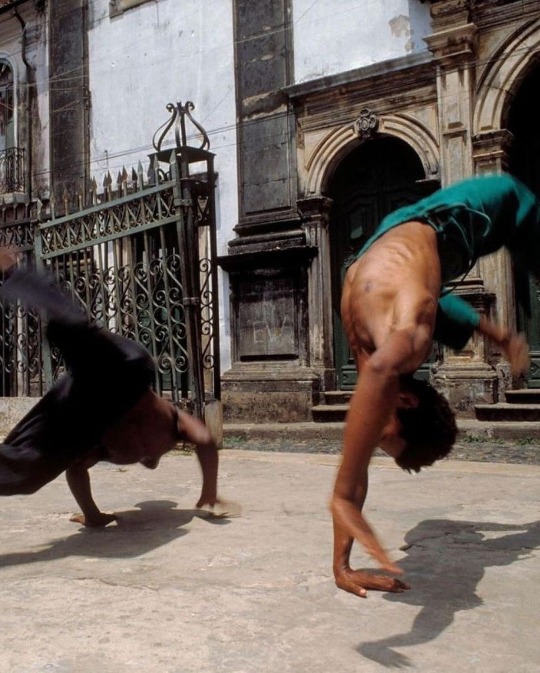
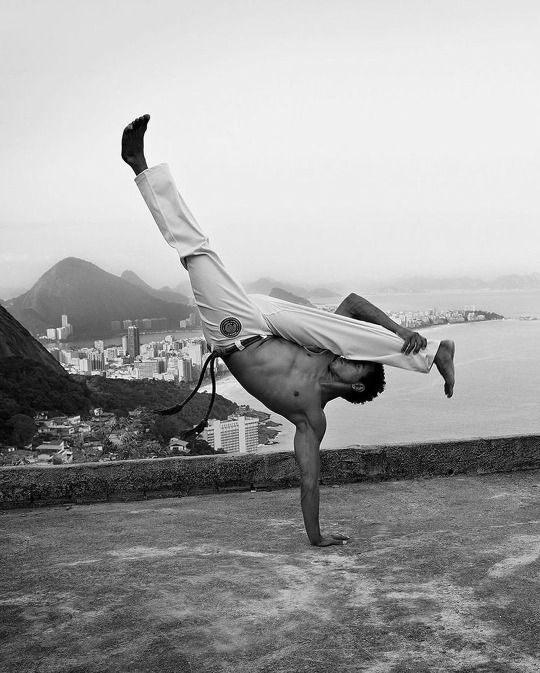
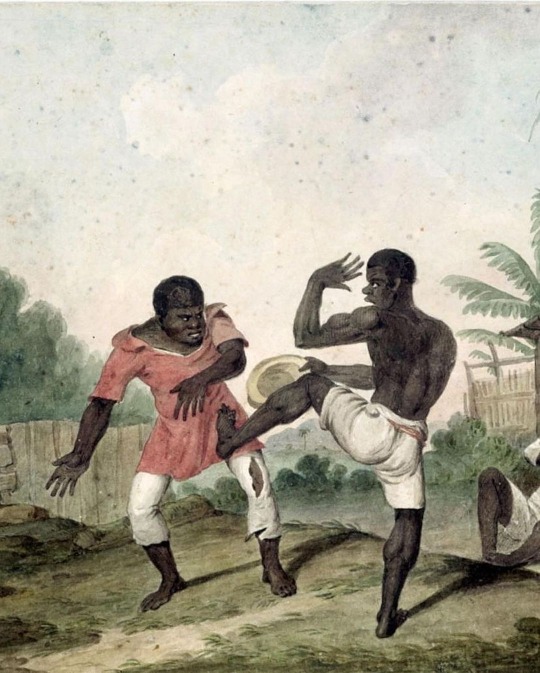
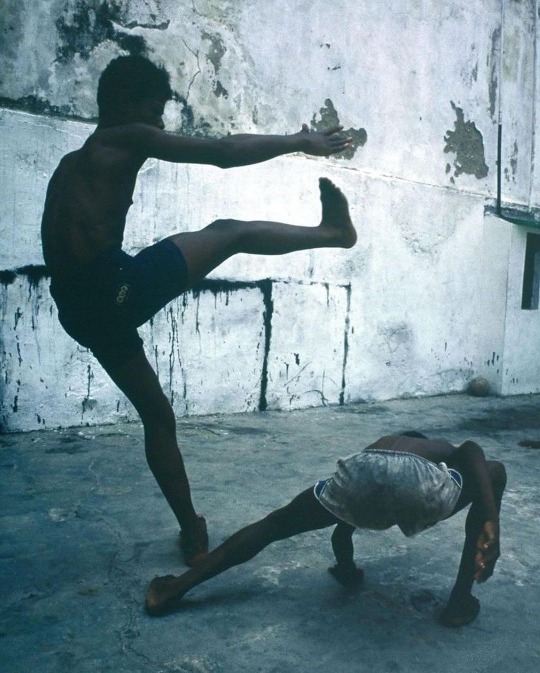
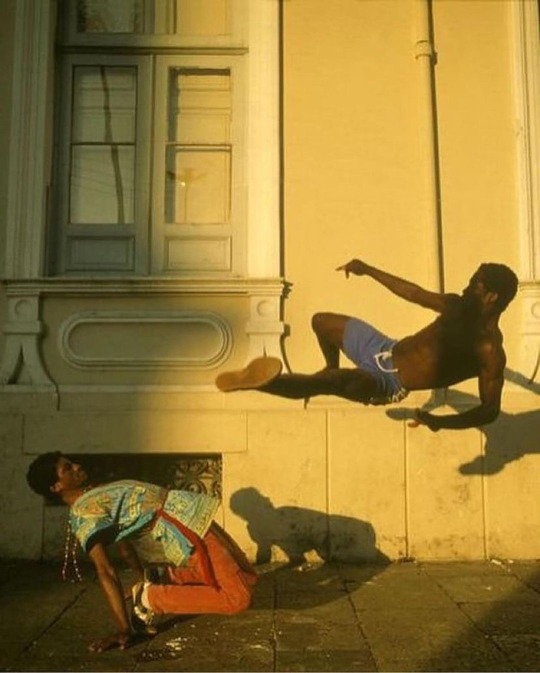
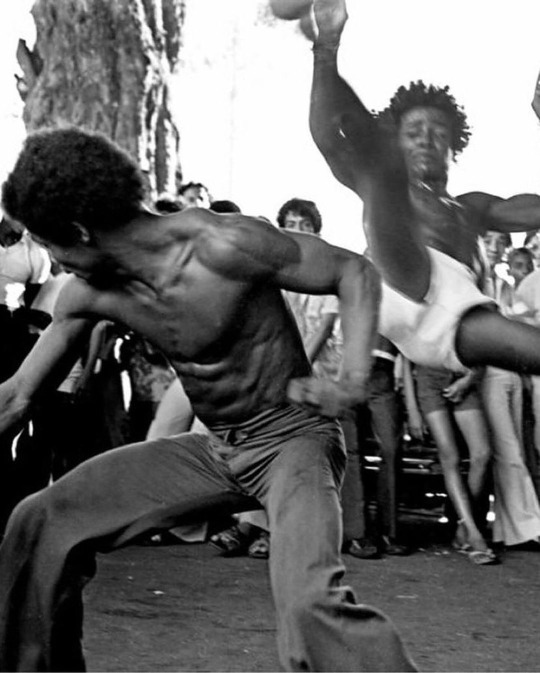
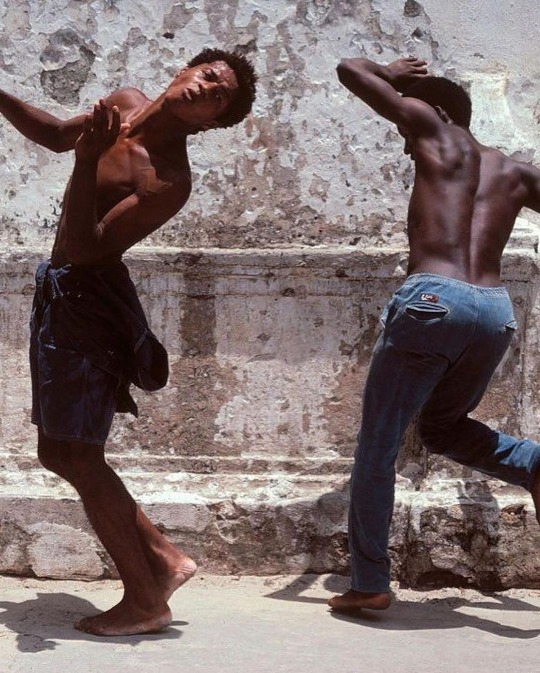
Repost from @moyoafrika
•
#repost• @whatsculture History Class: Tracing the roots of Capoeira. The Afro-Brazilian martial art form incorporates acrobatics, dance, folklore, and music. Two opponents play each other inside a circle (Roda) formed by the other players, who create rhythm for the game by clapping, singing, and playing traditional instruments. It’s the second most popular sport in Brazil and is practiced in different parts of the world today. To understand the significance, we look at how it is a phenomenon born out of migration.
“Capoeira was conceived in Africa and born in Brazil,’’ Mestre Jelon Vieira once said. As a colony of the Portuguese Crown, millions of Africans were shipped and sold in Brazil. There, enslaved Africans shared their cultural traditions, including dances, rituals, and fighting techniques, which eventually evolved into capoeira. Many elements and traditions that would inform capoeira are said to have originated in Angola. At that time, 80% of all enslaved Africans in Rio de Janeiro came from Central West Africa from countries that are now known as Gabon, Angola and both Congos.
People from Angola were prominent among the enslaved Africans who played the game on the streets and squares of Rio de Janeiro, Salvador and other Brazilian port cities at the beginning of the nineteenth century. With many enslaved Africans revolting against slavery, they would soon form communities in villages called quilombos in which they could sustain different expressions of African culture. They used capoeira to defend themselves and resist capture, disguising its martial intent with music, song, and dance.
Capoeira became illegal after the abolition of slavery in 1888. Practitioners were socially ostracised for more 40 years, until the legendary capoeira master, Mestre Bimba, opened the first capoeira school in Bahia in 1932. From there, the martial art would reach all parts of the world. At its core, capoeira is born out of a mix of African and Brazilian indigenous cultures and it represents resistance and resilience 🇧🇷🌍
#moyoafrika #brazil #angola🇦🇴 #africanculture #africanculture #africandiaspora #african
#african#afrakan#kemetic dreams#africans#brownskin#brown skin#afrakans#african culture#afrakan spirituality#capoeira#Brazilian#kids#koda#breakdancing
838 notes
·
View notes
Text

#african#kemetic dreams#afrakan#africans#brownskin#afrakans#brown skin#african culture#fitness#African dance#epic video
1K notes
·
View notes
Text
1K notes
·
View notes
Text
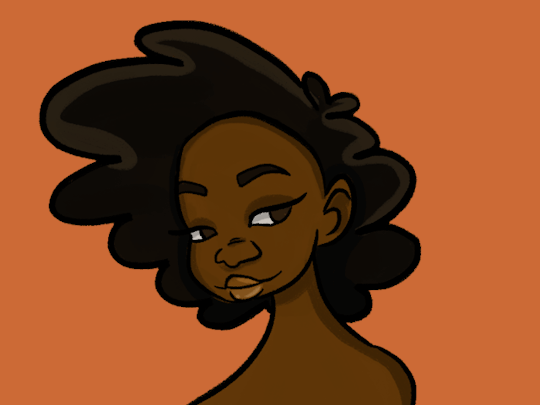
#african#afrakan#kemetic dreams#africans#brownskin#brown skin#afrakans#african culture#African hair#asian hair#epic viveine#epic video#educational videos
448 notes
·
View notes
Text
#african#afrakan#kemetic dreams#brownskin#afrakans#africans#brown skin#afrakan woman#african woman#African women#deep reddish brown skin#epic video
6K notes
·
View notes
Text
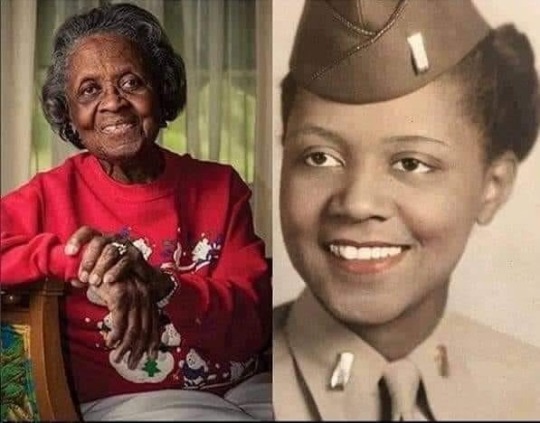
Honoring the 1st US Army African Female Pilot - Millie Bailey. She served in WWII and was 104 years old when she passed away in May of 2022. Show this Beautiful Woman some Love! RIP. Thank you for your service to our country and freedom for all.
#african#afrakan#kemetic dreams#africans#brownskin#brown skin#afrakans#millie bailey#ww2#world war 2
2K notes
·
View notes
Text
The Igbo people (English: /ˈiːboʊ/ EE-boh,US also /ˈɪɡboʊ/ IG-boh; also spelled Ibo and historically also Iboe, Ebo, Eboe,Eboans,Heebo;natively Ṇ́dị́ Ìgbò) are an ethnic group in Nigeria. They are primarily found in Abia, Anambra, Ebonyi, Enugu, and Imo States. A sizable Igbo population is also found in Delta and Rivers States. Ethnic Igbo populations are found in Cameroon,Gabon, and Equatorial Guinea, as migrants as well as outside Africa. There has been much speculation about the origins of the Igbo people, which are largely unknown.Geographically, the Igbo homeland is divided into two unequal sections by the Niger River—an eastern (which is the larger of the two) and a western section.The Igbo people are one of the largest ethnic groups in Africa.

#african#afrakan#kemetic dreams#africans#brownskin#brown skin#afrakans#african culture#afrakan spirituality#Igbos#igbo culture#igboland#alaigbo#igbo#epic video
458 notes
·
View notes

